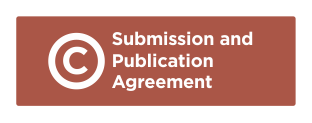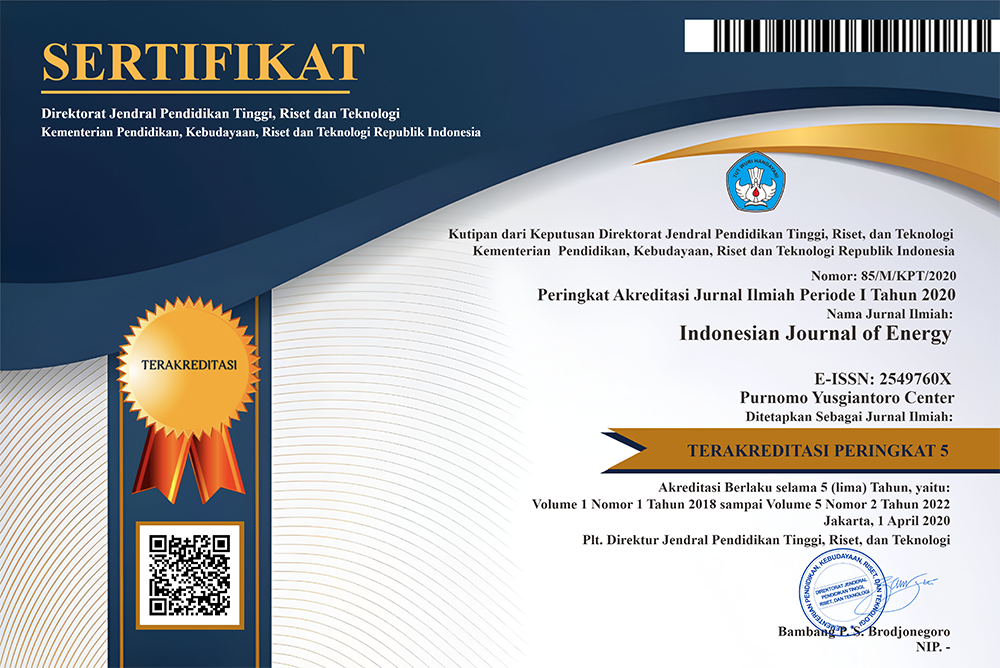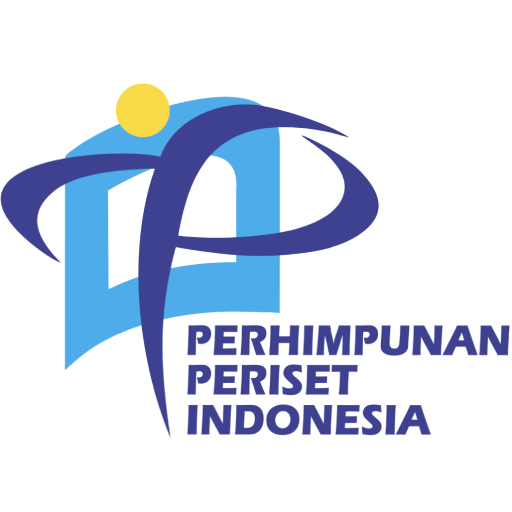Scenario Insight of Energy Transition
A Lesson Learned from European Union to Indonesia
Abstract
Almost all countries committed to tackling climate change as agreed in the Paris Agreement in 2015. In developed countries, the European Union (EU) issued the European Green Deal (EGD) with a target of 55% emissions reductions by 2030 and net zero emissions by 2050. Among developing countries, Indonesia has similar targets, which are 29% to 41% emission reductions by 2030 and net zero emissions by 2060 or sooner. EU countries and Indonesia also aim to implement energy transitions by increasing renewable energy shares, especially in the electricity sector, to reduce their emissions. Nevertheless, the EU countries have state-of-art research related to technologies and clean energy policies, allowing the EU as the first continent to commit to net-zero emissions by 2050. Our study aims to take lessons from recommendations in EGD and analyze their fitness for implementation in Indonesia. The research was conducted through a qualitative approach using secondary information and relevant references. We found that almost all recommendations for the energy transition in the EU electricity sector are relevant to Indonesia, except nuclear power plants and electricity tariff policies.
Downloads
References
Asian Development Bank. 2021. Improving skills for the electricity sector in Indonesia. Asian Development Bank.
Al Irsyad, M. I., Halog, A., & Nepal, R. (2019). Estimating the impacts of financing support policies towards photovoltaic market in Indonesia: A social-energy-economy-environment model simulation. Journal of Environmental Management, 230, 464–473.
Al Irsyad, M. I., Halog, A. B., Nepal, R., & Koesrindartoto, D. P. (2017). Selecting tools for renewable energy analysis in developing countries: An expanded review. Frontiers in Energy Research, 5.
Allen, M., Antwi-Agyei, P., Aragon-Durand, F., Babiker, M., Bertoldi, P., Bind, M., Brown, S., Buckeridge, M., Camilloni, I., & Cartwright, A. (2019). Technical summary. In V. Masson-Delmotte, P. Zhai, H. O. Pörtner, D. Roberts, J. Skea, P. R. Shukla, A. Pirani, W. Moufouma-Okia, C. Péan, R. Pidcock, S. Connors, J. B. R. Matthews, Y. Chen, X. Zhou, M. I. Gomis, E. Lonnoy, T. Maycock, M. Tignor, & Waterfield, T. (Eds.), Global warming of 1.5° C. An IPCC Special Report on the impacts of global warming of 1.5° C above pre-industrial levels and related global greenhouse gas emission pathways, in the context of strengthening the global response to the threat of climate change, sustainable development, and efforts to eradicate poverty. Intergovernmental Panel on Climate Change (IPCC).
Andreucci, M. B., & Marvuglia, A. (2021). Investigating, implementing and funding regenerative urban design in a post-COVID-19 pandemic built environment: A reading through selected UN Sustainable Development Goals and the European Green Deal, Rethinking sustainability towards a regenerative economy. Springer, 95–413.
Anggono, T., Nepal, R., Liu, Y., Al Irsyad, M. I., & Taghizadeh-Hesary, F. (2021). Financing of energy efficiency in public goods: The case of street lighting systems in Indonesia, energy efficiency financing and market-based instruments. Springer, 243–261.
Blazquez, J., Fuentes, R., & Manzano, B. (2020). On some economic principles of the energy transition. Energy Policy, 147, 111807.
British Petroleum. (2021). BP statistical review of world energy July 2021. British Petroleum.
Breetz, H., Mildenberger, M., & Stokes, L. (2018). The political logics of clean energy transitions. Business and Politics, 20, 492–522.
Ćetković, S., & Buzogány, A. (2016). Varieties of capitalism and clean energy transitions in the European Union: When renewable energy hits different economic logics. Climate Policy, 16, 642–657.
Drosos, D., Kyriakopoulos, G. L., Ntanos, S., & Parissi, A. (2021). School managers perceptions towards energy efficiency and renewable energy sources. International Journal of Renewable Energy Development, 10.
European Commission. (2018a). A clean planet for all. A European long-term strategic vision for a prosperous, modern, competitive and climate neutral economy. European Commission.
European Commission. (2018b). The commission presents strategy for a climate neutral Europe by 2050 – Questions and answers. European Commission.
European Commission. (2019). The European green deal. European Commission.
European Commission. (2020a). Green growth, jobs and social impacts fact sheet. European Commission.
European Commission. (2020b). Stepping up Europe’s 2030 climate ambition: Investing in a climate-neutral future for the benefit of our people. European Commission.
European Commission. (2021a). Delivering the European green deal. European Commission.
European Commission. (2021b). EU energy markets and energy prices. European Commission.
European Environment Agency. (2021). Greenhouse gas emission intensity of electricity generation in Europe. European Environment Agency.
Esmaeili-Shayan, M., Najafi, G., Ghobadian, B., Gorjian, S., & Mazlan, M. (2022). Sustainable design of a near-zero-emissions building assisted by a smart hybrid renewable microgrid. 2022(11), 10.
Eurostat. (2020). Energy prices in 2019: Household energy prices in the EU increased compared with 2018 +1.3% for electricity and +1.7% for gas. European Commission.
Government of Indonesia. (2016a). First nationally determined contribution Republic of Indonesia. Government of Indonesia.
Government of Indonesia. (2016b). Law number 16 of 2016 on the ratification of the Paris Agreement to the United Nations Framework Convention on Climate Change. Government of Indonesia.
Government of Indonesia. (2017). Presidential decree number 22 of 2017 on the national energy general plan. Government of Indonesia.
Government of Indonesia. (2021a). Indonesia long-term strategy for low carbon and climate resilience 2050 (Indonesia LTS-LCCR 2050). Government of Indonesia.
Government of Indonesia. (2021b). Law number 7 of 2021 on the harmonization of tax regulations. Government of Indonesia.
Grafakos, S., Senshaw, D., Quezada, D., & Toro, A. (2020). Employment assessment of renewable energy: Indonesian power sector pathways. Global Green Growth Institute.
Griffin, M., György, E., Jakšič, K., & Siebern-Thomas, F. (2019). Towards a greener future: Employment and social impacts of climate change policies. Employment and Social Developments in Europe. European Commission Brussels.
Hainsch, K., Löffler, K., Burandt, T., Auer, H., del Granado, P. C., Pisciella, P., & Zwickl-Bernhard, S. (2022). Energy transition scenarios: What policies, societal attitudes, and technology developments will realize the EU Green Deal?. Energy, 239, 122067.
Ho, S. S., Yu, P., Tandoc Jr, E. C., & Chuah, A. S. (2022). Mapping risk and benefit perceptions of energy sources: Comparing public and expert mental models in Indonesia, Malaysia, and Singapore. Energy Research & Social Science, 88, 102500.
International Renewable Energy Agency. (2021). Renewable power generation costs in 2020. International Renewable Energy Agency.
Jäger-Waldau, A., Kougias, I., Taylor, N., & Thiel, C. (2020). How photovoltaics can contribute to GHG emission reductions of 55% in the EU by 2030. Renewable and Sustainable Energy Reviews, 126, 109836.
Kuyper, J., Schroeder, H., & Linnér, B.-O. (2018). The evolution of the UNFCCC. Annual Review of Environment and Resources, 43, 343–368.
Limenta, M., & Ing, L. Y. (2022). Indonesia’s local content requirements: Assessment with WTO rules.
Ministry of Energy and Mineral Resources. (2021a). Handbook of energy & economic statistics of Indonesia 2020. Ministry of Energy and Mineral Resources.
Ministry of Energy and Mineral Resources. (2021b). Materials of the Ministry of Energy and Mineral Resources. Ministry of Energy and Mineral Resources.
Ministry of Energy and Mineral Resources. (2021c). Ministerial decree of energy and mineral resources number 169.K/HK.02/MEM.M/2021 of the electricity supply costs of the state-owned electricity company in 2020. Ministry of Energy and Mineral Resources.
Ministry of Energy and Mineral Resources. (2021d). Strategies and progress of eenewable energy on a working meeting with the Commission VII of the House of Representatives. Ministry of Energy and Mineral Resources.
Ministry of Energy and Mineral Resources. (2022a). 2021 achievement and 2022 plan of performance of the energy and mineral resources sector. Ministry of Energy and Mineral Resources.
Ministry of Energy and Mineral Resources. (2022b). Energy transition priority program in 2022 on a working meeting with the Commission VII of the House of Representatives. Ministry of Energy and Mineral Resources.
Ministry of Industry. (2017). Peraturan Menteri Perindustrian nomor 05 tahun 2017 tentang perubahan atas peraturan Menteri Perindustrian Nomor 54/M-IND/PER/3/2012 tentang pedoman penggunaan produk dalam negeri untuk pembangunan infrastruktur ketenagalistrikan. Ministry of Industry.
Qadir, S.A., Al-Motairi, H., Tahir, F., & Al-Fagih, L. (2021). Incentives and strategies for financing the renewable energy transition: A review. Energy Reports, 7, 3590–3606.
REN21. (2015). Renewables 2015 global status report. Renewable Energy Policy Network for the 21 Century.
Sitompul, R.F., Endri, E., Hasibuan, S., Jaqin, C., Indrasari, A., & Putriyana, L. (2022). Policy challenges of Indonesia’s local content requirements on power generation and turbine production capability. International Journal of Energy Economics and Policy, 12, 225–235.
Tasri, A., & Susilawati, A. (2014). Selection among renewable energy alternatives based on a fuzzy analytic hierarchy process in Indonesia. Sustainable Energy Technologies and Assessments, 7, 34–44.
Thombs, R. P. (2019). When democracy meets energy transitions: A typology of social power and energy system scale. Energy Research & Social Science, 52, 159–168.
Umam, M. F., Purba, D., Yanuarizky, R., Selia, S., Napitu, A., Hendinata, L. K., & Ramadhani, I. (2021). Renewable energy literacy in supporting geothermal project in Indonesia: Where are we now?. 46th Workshop on Geothermal Reservoir Engineering.
Yudha, S. W., & Tjahjono, B. (2019). Stakeholder mapping and analysis of the renewable energy industry in Indonesia. Energies, 12, 602.
















